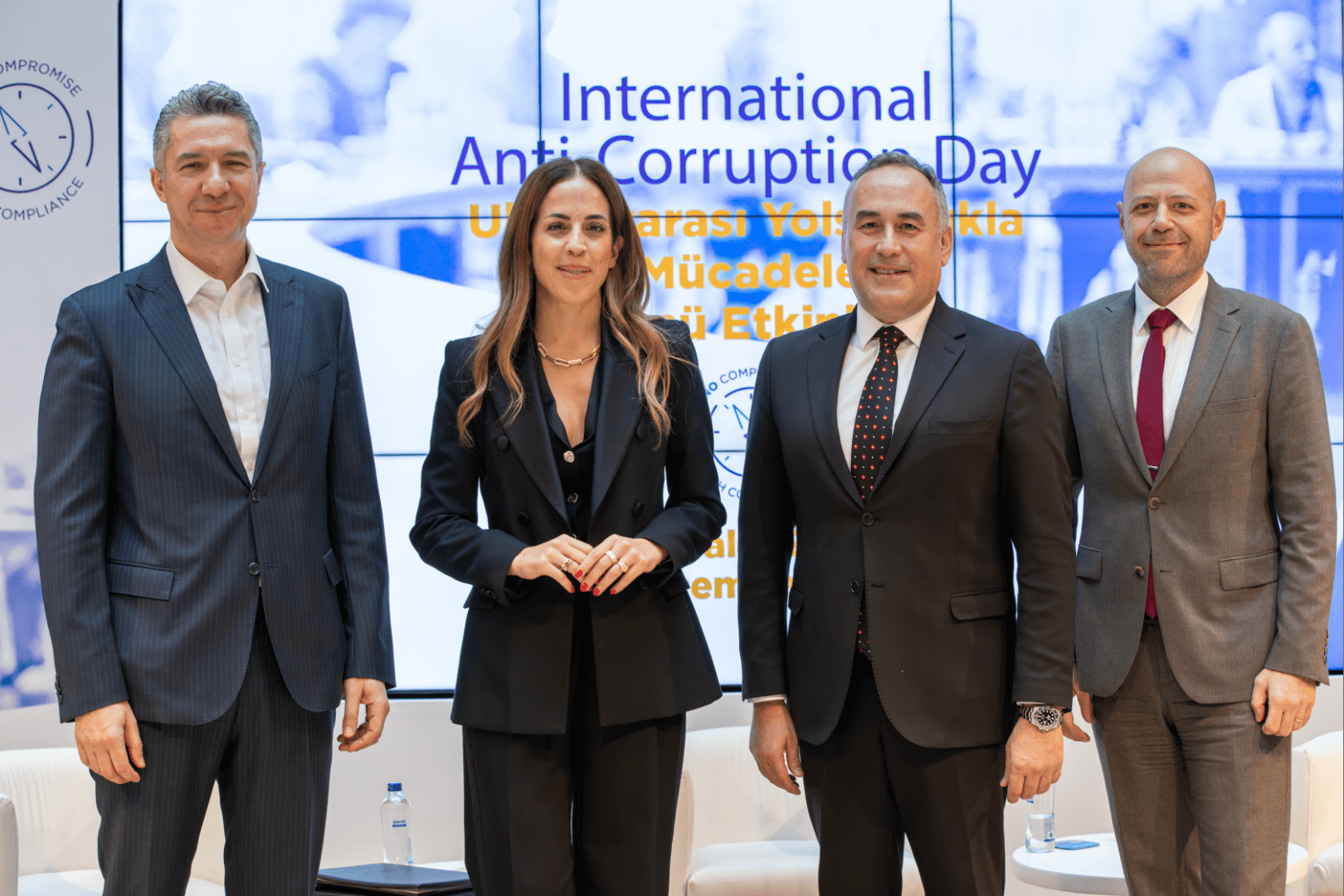
Watch Out for the Money that You Touch. It could be Too Dirty!
Fikret SebilcioğluThink of a country to where money comes from all around the world. The sender of the money is not the same with the receiver. It is not clear how it is earned and who sent it either. This money is exempt from taxation and tax inspection and there is a guarantee for that.
A detailed new amnesty law titled “The Law on Restructuring of Tax and Some Other Receivables and Amendments to Various Laws” was published in the Official Gazette on May 18, 2018.
The Law states that real persons and legal entity taxpayers in Turkey who declare their money, gold, foreign currency, securities and other capital market instruments by 30 November 2018 can dispose of such assets freely. No further tax investigation or tax assessment of those assets will be made on.
While this law is effective, an additional communique dated July 4, 2018 was published. In accordance with this communique, real persons or legal entity taxpayers who declare their money could be different from real persons or legal entity taxpayers who actually repatriate the assets. It is not very difficult to guess why there is need to hide real persons or legal entity tax payers who send the money, although the law was rather flexible in terms of declaring and sending the money.
The law itself and the aforementioned communique that allows third parties to make money transfer to Turkey increase the risk of illicit money in the Turkish economy.
The money will almost likely be transferred from locations known as tax havens. It is well known that the partnership structures of tax haven companies are confidential, complicated and include a lot of shell companies and employees. Panama and Pradise Papers clearly brought that out. Money acquired through illicit ways and kept in tax havens to avoid taxation is the main reason for this secrecy and complication.
The most common ways to make illicit money are:
• Bribes, in particular, received by public officials,
• Illicit arms dealing,
• Drug trafficking,
• Deals that bypass international sanctions.
With the above-mentioned regulations, the money gained through illicit ways will both be able to return Turkey and be cleared of the “dirty money” status without paying taxes.
We are confronted with a law not securing justice, and where honest individuals and companies get punished while criminals are encouraged and rewarded.
If you are a foreign company established in Turkey and have strict procedures regarding prevention of money laundering, I think you should ask yourself: with this law, is the money coming and laundering at Turkey is a proper and clear money according to your company procedures or is it still “suspicious”, if not “dirty” money? If you are ready to accept that the money is laundered, then there are no issues. If the money is still suspicious, you need to take precautions to eliminate potential risks that might occur after that point.
The issues I mentioned above show once again how important third-party risks are in Turkey and how careful you should be when selecting your third parties to do business with.
I think no one would want to touch the money of an arms dealing Russian or drug trafficking Afghanese individual or organization.







